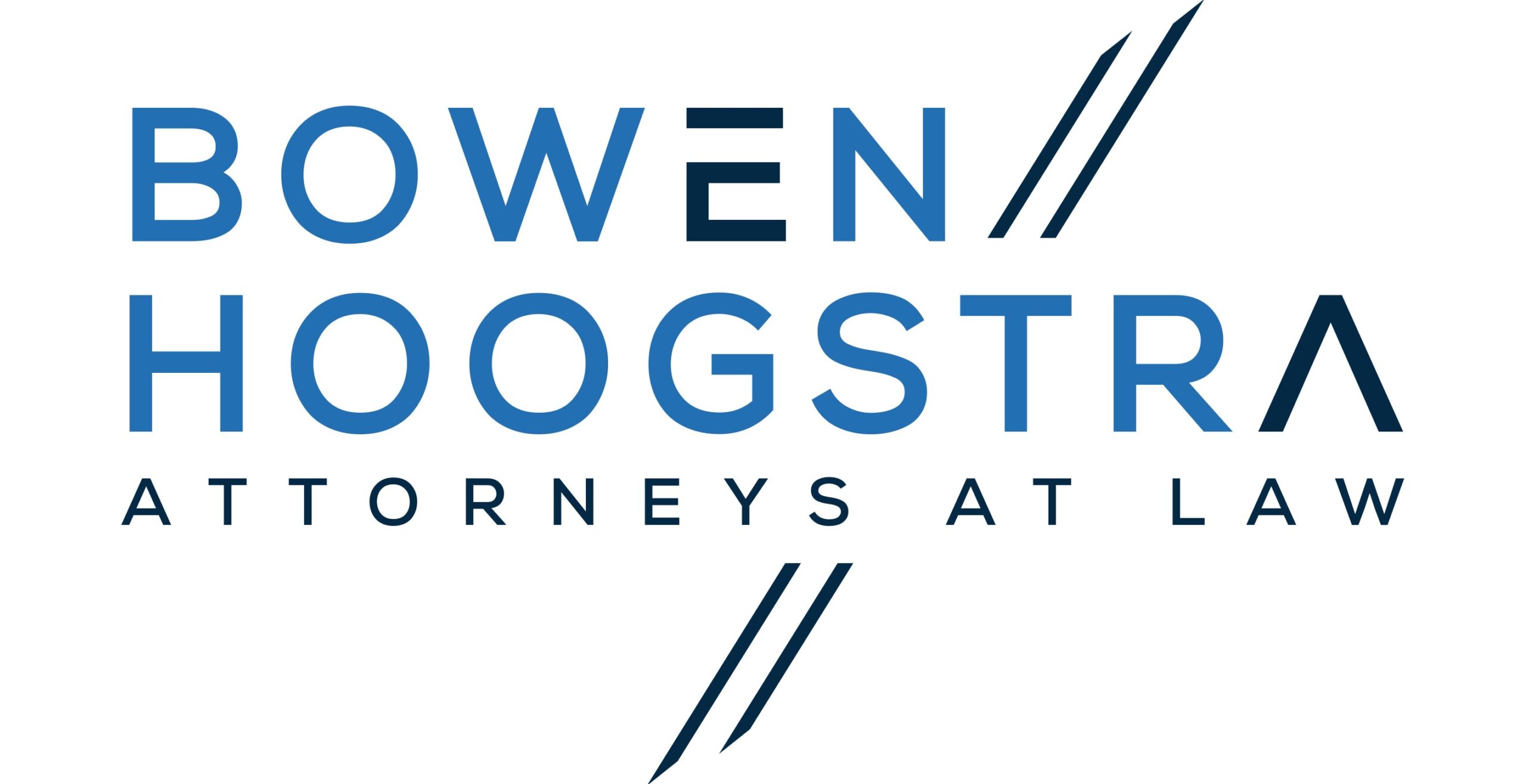Starting a business is an exciting venture, filled with both opportunities and challenges, but it’s essential to consider the appropriate business structure that best suits your needs. Limited Liability Companies (LLCs) have gained popularity among business owners due to their flexibility and limited liability protection, often referred to as the corporate veil.
- Understanding the Basics of Piercing the Corporate Veil
- Maintaining Proper Corporate Formalities
- Avoiding Commingling of Funds
- Ensuring Adequate Capitalization
- Seek the Best Business Lawyers in Muskegon, MI
The corporate veil acts as a legal shield, keeping your personal assets separate from your business liabilities. However, under certain circumstances, the court can pierce the corporate veil, disregarding the separate legal entity status of the LLC and holding its owners personally responsible for the debts and obligations of the company.
Let our qualified business lawyers in Muskegon, MI, discuss how to avoid piercing the corporate veil to keep your assets secure and your business legally sound.
Understanding the Basics of Piercing the Corporate Veil
At the core of an LLC is the concept of limited liability. Limited liability means that as a business owner, your personal assets, including your home, savings, and other personal property, are protected from any debts or liabilities your business might incur, reducing the financial risk to individuals who start businesses.
However, the protection of limited liability isn’t absolute. When the court determines that a business owner has failed to maintain a clear separation between personal and business affairs, it can decide to pierce the corporate veil, a legal action that holds the owner liable for the debts and obligations of the LLC.
For example, if a business owner uses company funds to pay for personal expenses or fails to maintain separate bank accounts for the business and personal finances, the court might consider these acts as misuse of the LLC structure and decide to pierce the corporate veil, removing the limited liability protection.
Maintaining Proper Corporate Formalities
Even though LLCs have fewer requirements than corporations, maintaining proper corporate formalities is an effective way to protect your personal assets and avoid piercing the corporate veil, reinforcing the legal boundary between you and your business. Here’s how to do it:

Create an Operating Agreement
An operating agreement outlines the rules and regulations governing your business, including ownership percentages and management structure. While not legally required in Michigan, having one in place can help establish the independent status of your LLC.
Hold Regular Meetings
Conduct regular meetings, whether in person or virtually, to discuss business matters and make important decisions. Keep detailed minutes of these meetings to show that your LLC operates as a separate legal entity with a clear decision-making process.
Keep Detailed Records
Maintain accurate records of all meetings, resolutions, and financial transactions, including bank statements, invoices, and expense reports. These records serve as evidence of the separate existence of your LLC and can be invaluable if you need to defend against claims.
File Necessary Paperwork
Michigan requires LLCs to file an annual statement with the Michigan Department of Licensing and Regulatory Affairs (LARA). Compliance with state-specific filing requirements demonstrates your commitment to keeping the LLC in good standing and upholding its legal separation.
Avoiding Commingling of Funds
Prioritize keeping your personal and business affairs entirely separate. Begin with having distinct bank accounts for your LLC and your personal funds. Using one account for both can lead to commingling, where personal and business finances are mixed, and it can be a red flag to courts in cases involving liability.
Furthermore, make sure all financial transactions related to your LLC are documented in detail. Avoid using business funds for personal expenses, even minor ones. Every dollar should have a clear purpose within the business to prevent any confusion or assumptions that you’re treating the LLC as a personal extension.
Ensuring Adequate Capitalization
When starting an LLC, ensure the business has enough capital to operate effectively. Adequate capitalization means you’ve invested enough money to cover the expected expenses of the LLC, including rent, inventory, and employee wages. Having sufficient funds signals to the courts that you’re treating the business as a serious, independent entity.
Beyond the initial investment, it’s essential to keep adequate reserves as you operate. A well-capitalized LLC has the funds necessary to handle any unforeseen liabilities, protecting it from financial stress. Without these reserves, even minor financial setbacks can create vulnerabilities that put your personal assets at risk.
Seek the Best Business Lawyers in Muskegon, MI
Setting up and managing an LLC requires careful attention to legal details. While you can take steps to protect your business, it’s always wise to consult with local lawyers who can provide legal guidance on how to avoid piercing the corporate veil.
Bowen Hoogstra Law is here to support you in building a solid foundation for your LLC. Our experienced business lawyers in Muskegon, MI, can help your company maintain its limited liability protection and compliance with all legal requirements.
Don’t take chances with your business. Contact us today at (231) 726-4484 or here for a consultation to ensure your LLC is formed to withstand any legal challenges that come its way.

